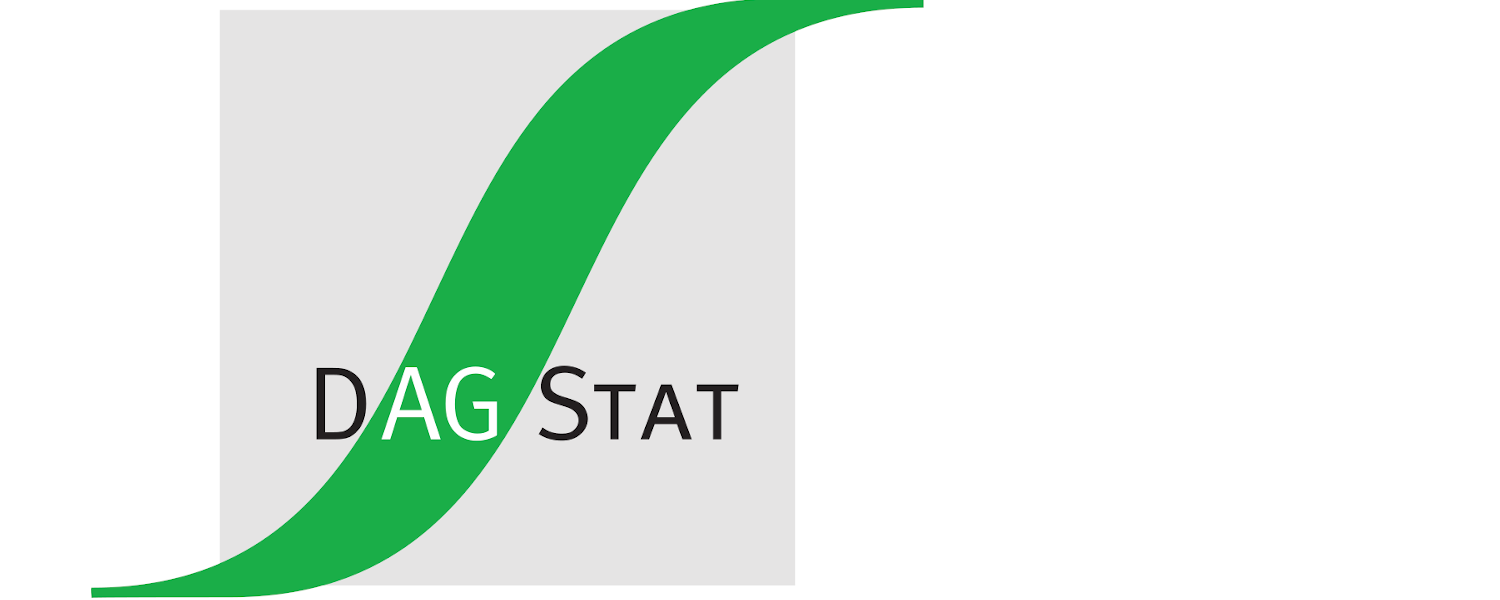Introduction to Infectious Disease Epidemiology for Non-Epidemiologists
| Date & Time | March 28, 2022, 2:00 p.m. - 5:00 p.m. |
| Location | University Medical Center Hamburg-Eppendorf |
| Minimum Number of Participants | 5 |
| Maximum Number of Participants | 25 |
| Tutorial Fee | 45 € / 35 € (regular / student) |
| Lecturers | Veronika Jäger, André Karch |
Content
Infectious diseases remain a leading cause of morbidity and mortality worldwide, with HIV, tuberculosis, and malaria estimated to cause 10% of all deaths each year. New pathogens continue to emerge, causing unforeseen outbreaks like the SARS epidemic in 2003, Zika in 2016 and SARS-CoV-2 during the current pandemic. Epidemiology provides important tools for the assessment and response to these health threats in populations.
This course provides an introduction to the aims and scope of infectious disease epidemiology through lectures and interactive hands-on exercises. The key concepts of pathogen transmission dynamics, infectious disease surveillance as well as prevention and control strategies are discussed. Additionally, students will be introduced to dynamic mathematical modelling of infectious diseases.
Course Objectives
- To provide an understanding of infectious disease epidemiology concepts and methods
- To inform about epidemiological characteristics of major infectious diseases
- To provide an understanding of disease surveillance, disease outbreak investigations and the control of infectious diseases
- To give an insight into the mathematical modelling of infectious diseases
Main Topics covered will include
- Principles of infectious diseases and their epidemiology
- Dynamics and transmission of infectious diseases
- Infectious disease surveillance
- Infectious disease outbreaks
- Control of infectious diseases
- Introduction to mathematical modelling of infectious diseases including hands-on practicals
Requirements
Software
We will use Berkeley Madonna (no prior knowledge necessary). Please bring your Laptop with an installed version of Berkeley Madonna (https://berkeley-madonna.myshopify.com/pages/download; the demo version is free).
Who should participate?
The course is designed for statisticians with not to very little prior knowledge of infectious disease epidemiology.
Lecturers
Veronika Jäger, PhD
Since 2019: Postdoc, University Hospital Münster, Institute of Epidemiology and Social Medicine, Department of Clinical Epidemiology, Münster, Germany.
2015-2018: PhD in Epidemiology, Swiss TPH/University of Basel, Switzerland
2013-2018: Researcher, University Hospital Basel, Department of Rheumatology, Basel, Switzerland.
2012: Researcher, University of Zurich, Department of Occupational and Environmental Medicine, Zurich, Switzerland.
2010-2011: MSc Epidemiology, London School of Hygiene and Tropical Medicine, UK.
2007-2008: MRes Mathematics in the Living Environment, University of York, UK.
André Karch, MD MSc
André Karch is a physician and epidemiologist. He is currently a professor of clinical epidemiology at the University of Münster. His research focuses on the development and application of innovative epidemiological methods for research questions in the fields of infectious disease epidemiology and clinical epidemiology. This includes specifically dynamic mathematical transmission models as well as modern causal inference approaches.
